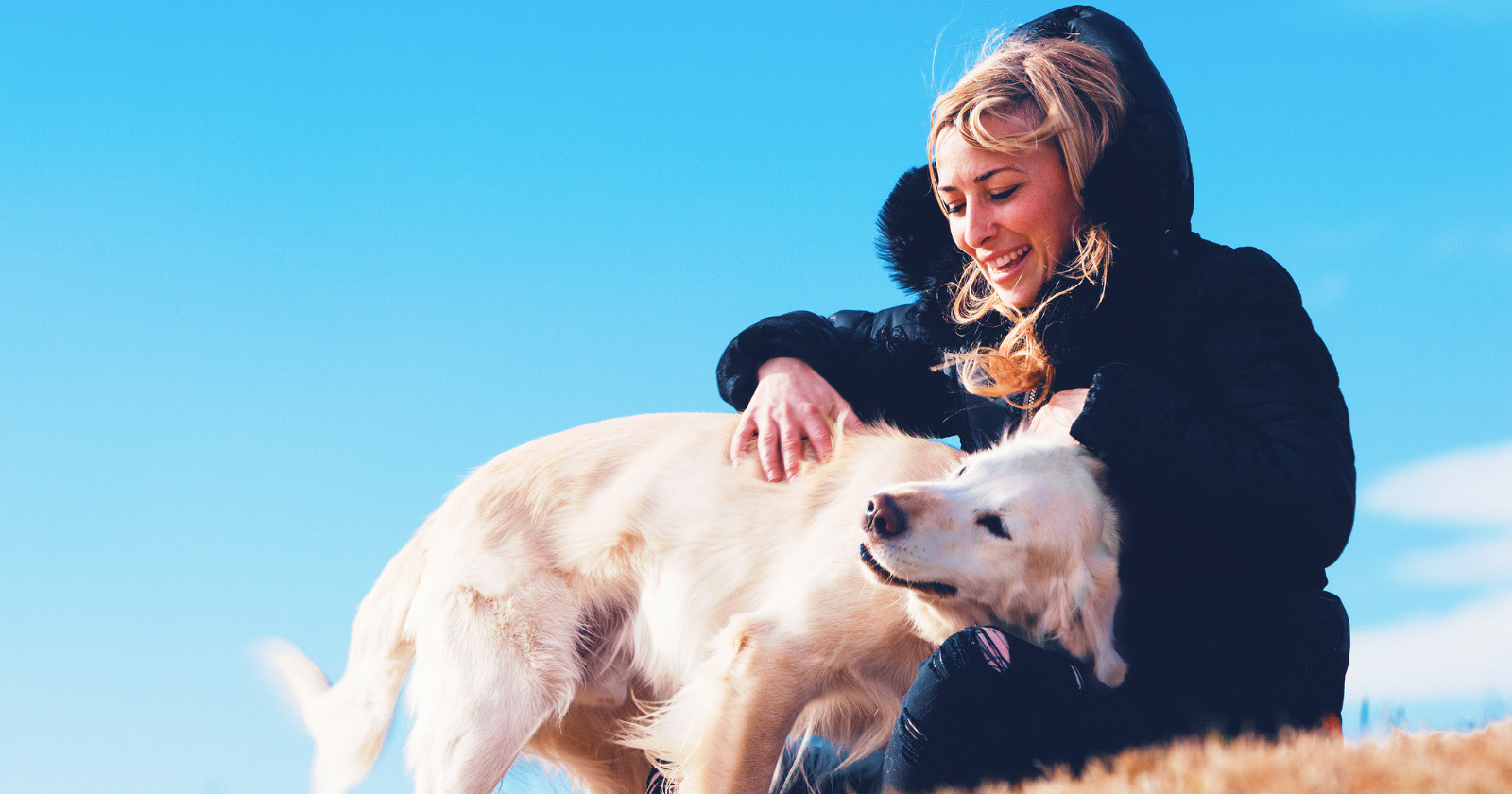I’ll let you into a little secret; I often refer to my pets as my “fur babies.”
For many of us, pets are more than just companions—they’re family.
We shower them with love, give them special privileges, and sometimes, we even treat them like children.
But have you ever wondered what this behavior really says about us?
As a psychologist, I’ve always been fascinated by the deep bond between humans and their pets.
And through my work, I’ve come to realize that how we treat our animals often reveals a lot about our emotional needs, behavior, and even our personalities.
In this article, I’ll dive into the 7 key traits that people who treat their pets like children often display.
Let’s dive into the psychology behind our furry parenthood and what it can teach us about ourselves.
1) Overwhelming empathy
Empathy, the ability to understand and share the feelings of another, is at the heart of why many pet owners feel such a deep connection with their furry friends.
They see their pets not just as animals, but as beings with feelings and emotions that need care and affection just like any human child.
Many pet owners have told me that they pick up on subtle cues from their pets:
- A low whimper
- A wagging tail
- A certain look in their eyes
These signs might not mean much to others, but to these pet owners, they speak volumes about how their pets are feeling.
This heightened sense of empathy towards animals allows them to form a strong emotional bond with their pets – a bond so strong that they start treating them like they would their own children.
Related Stories from Personal Branding Blog
2) High capacity for nurturing
As a psychologist, I’ve noticed a common trait among many people who treat their pets like children – they have an innate, high capacity for nurturing.
Just like me and my golden retriever, Benny.
If you ask me why I treat Benny like my child, I’d tell you that it’s because of this instinctive need to nurture.
From the moment I brought him home, Benny was more than just a pet to me. He was a part of my family.
- Women who have a lot of platonic male friends usually display these 8 traits, according to psychology - Global English Editing
- 8 reasons why some people bloom in their later years while others feel stuck - Global English Editing
- If you want your New Year’s goals to stick, start by adopting these 8 habits - Global English Editing
I remember those early days when Benny was just a tiny pup.
I would wake up in the middle of the night to check on him, making sure he was comfortable and well-fed.
I would carefully choose his diet, ensuring he got all the nutrients he needed to grow into a healthy dog.
Today, Benny is all grown up. But my nurturing instinct hasn’t changed a bit.
I still worry about him when he’s not feeling well. I still get excited about planning his birthday celebrations every year.
And yes, he gets a special cake and presents too!
I may not have human children, but nurturing Benny gives me immense joy and satisfaction.
And I believe this high capacity for nurturing is a common trait among people who treat their pets like their children.
3) Strong need for companionship
One trait that is frequently observed among people who treat their pets like children is a strong need for companionship.
Pets, unlike people, offer unconditional love and loyalty.
Their consistent presence and affection can fill a void of loneliness or provide emotional comfort.
It’s not surprising then that a study found that pets can fulfill their owners’ social needs just as effectively as other humans.
For pet owners who treat their pets like children, this companionship is often taken to another level.
The bond they share with their pets is so strong that they consider them an essential part of their lives and families.
They share their joys and sorrows with them, confide in them, and even celebrate special occasions together.
In essence, their pets are not just pets. They are their loyal companions, their confidants, and above all, their family.
4) Inclination towards responsibility

Another trait commonly found among people who treat their pets like their own children is a strong inclination towards responsibility.
Pets, much like children, require a great deal of care and attention.
From feeding them on time to ensuring they get their daily exercise to taking them for regular vet check-ups, being a pet parent is no walk in the park.
People who treat their pets like children willingly take on these responsibilities.
They understand that their pets rely on them for their wellbeing, and they don’t shy away from this task.
They are attentive to their pet’s needs, taking note of any changes in behaviour or health, and are always ready to act when necessary.
In many ways, they embody the same sense of responsibility that one would typically associate with parenthood.
5) Experience of loss or loneliness
A trait that is often seen among individuals who treat their pets like children is their past experience of loss or loneliness.
For some, these pets provide comfort and companionship in the face of grief or solitude.
They become a beacon of hope, love, and joy during tough times.
Whether it’s the loss of a loved one, the emptiness of an empty nest, or the isolation that comes with living alone, these pets fill a void, helping their owners cope with their feelings of loss or loneliness.
Their pets become more than just animals; they become a source of solace and comfort. They become family.
Treating their pets like children is their way of expressing the depth of their bond and the extent of their gratitude for the significant role that these pets play in their lives.
6) Desire for unconditional love
One common trait that is often observed among people who treat their pets like children is their desire for unconditional love.
Pets offer a unique form of love that is pure and non-judgmental.
They don’t care about your social status, your looks, or your flaws. All they care about is being with you, receiving your affection, and giving theirs in return.
For people who treat their pets like children, this unconditional love is something they cherish deeply.
They reciprocate this love by providing the best care for their pets and treating them as members of their family.
In return, they receive unwavering loyalty, companionship, and love from their pets.
This mutual exchange of affection strengthens their bond and makes them treat their pets like their own children.
7) Deep sense of fulfillment
The most profound trait observed among people who treat their pets like children is the deep sense of fulfillment they derive from this relationship.
They find happiness in caring for their pets, understanding their needs, and forming a deep emotional connection.
This relationship with their pets brings meaning to their lives.
It gives them a sense of purpose and a feeling of contentment that is hard to describe.
And it’s this deep sense of fulfillment that truly defines why people treat their pets like children.
Final thoughts: It’s all about love
At the heart of this topic lies a fundamental human emotion – love.
The bond between a pet and their owner can be as strong and profound as any human connection.
For those who treat their pets like children, this isn’t just about companionship or responsibility – it’s about love.
Scientifically, it’s been found that interacting with pets can release oxytocin in the human body.
This hormone, often referred to as the “love hormone,” plays a significant role in social bonding and emotional connections.
So, whether it’s a dog, cat, bird or any other pet, the relationship that pet owners share with their pets is built on a foundation of mutual affection, care, and respect.
In essence, treating pets like children reflects the capacity of the human heart to love and care unconditionally.
And isn’t that what life, in its purest form, is all about?







